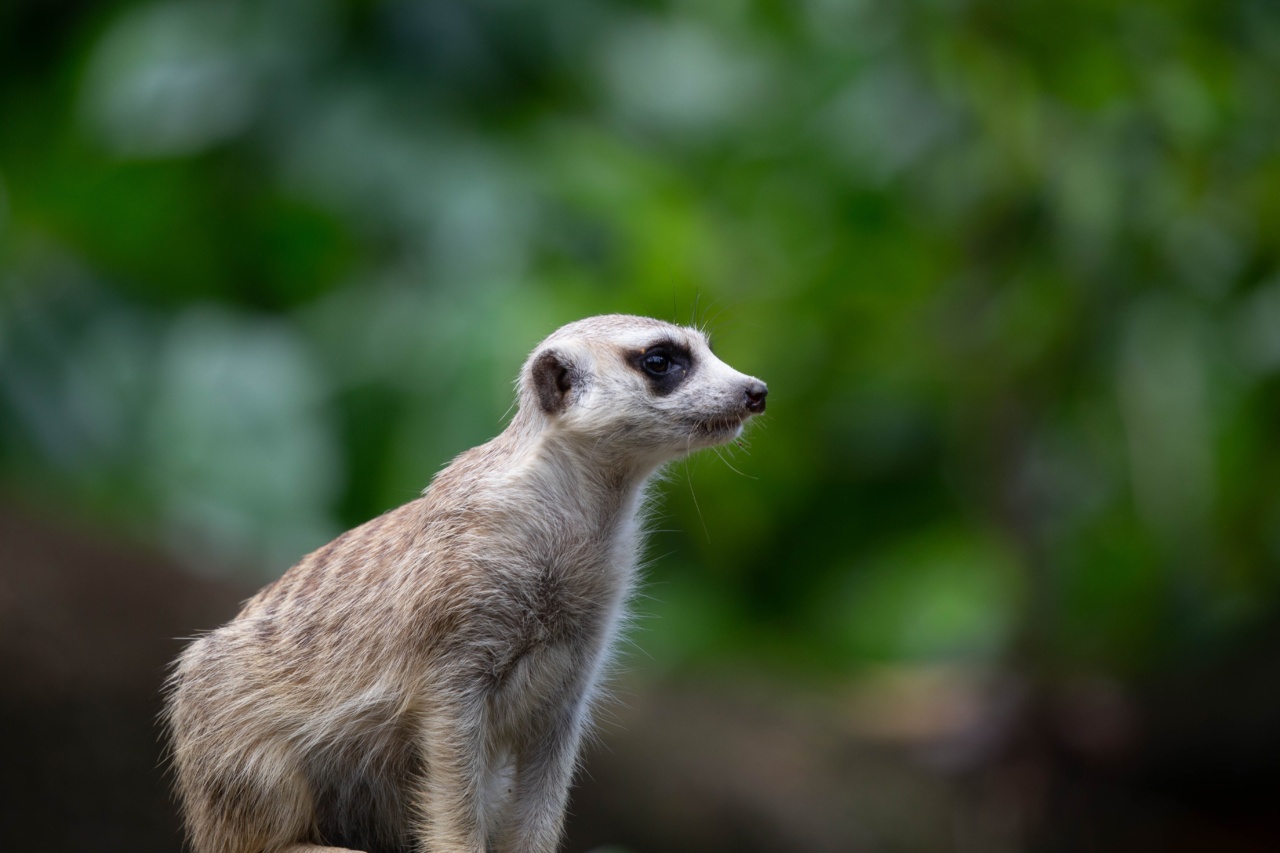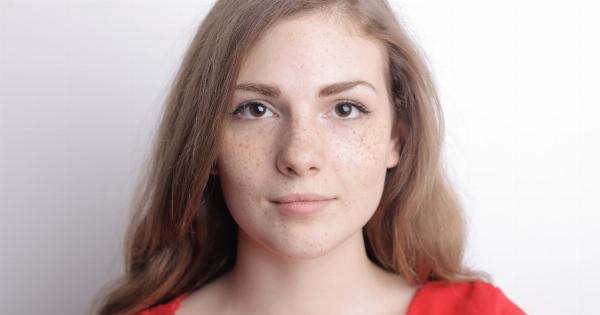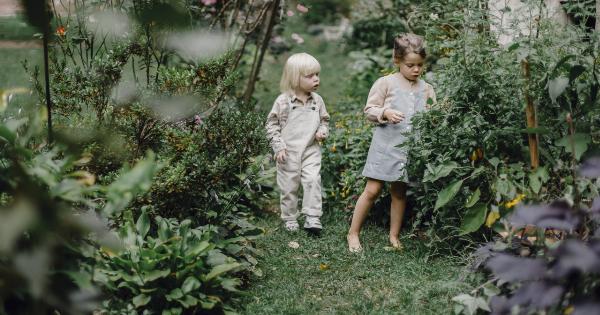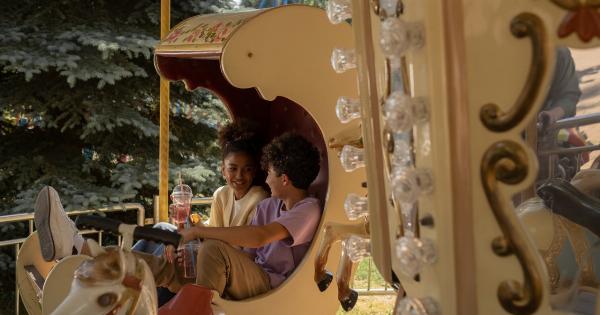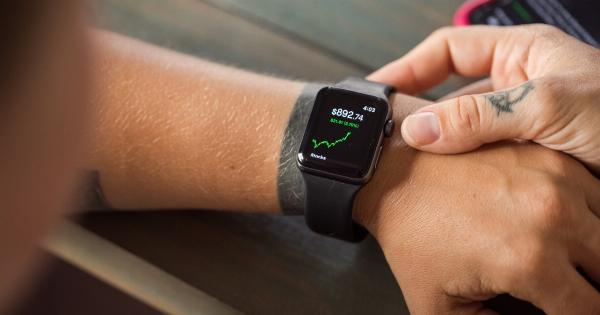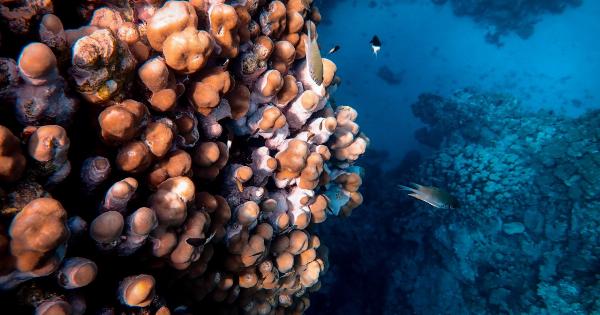Being single is often considered a choice, but is it really? Some people seem to have a natural inclination towards being single, while others prefer to be in relationships.
This begs the question – is being single in your genes? Is it something that you are born with, or is it simply a matter of personal preference?.
The Genetics of Being Single
There is no single “single gene” that determines whether a person will be single or not. However, there are several genes that may contribute to a person’s likelihood of being single.
The Oxytocin Receptor Gene
Oxytocin is a hormone that is often referred to as the “love hormone” because it is released during intimate moments such as childbirth, breastfeeding, and orgasm. It is also associated with social bonding and trust.
Studies have shown that people with a variation in the oxytocin receptor gene are less likely to form close relationships and more likely to experience feelings of loneliness and isolation.
This suggests that the oxytocin receptor gene may play a role in a person’s inclination towards being single.
The 5-HT1A Receptor Gene
The 5-HT1A receptor gene is involved in the regulation of serotonin, a neurotransmitter that is associated with mood regulation and social behavior.
Studies have shown that people with a variation in the 5-HT1A receptor gene are more likely to experience social anxiety and depression, which could make it more difficult for them to form relationships.
This suggests that the 5-HT1A receptor gene may also play a role in a person’s inclination towards being single.
The DRD4 Gene
The DRD4 gene is involved in the regulation of dopamine, a neurotransmitter that is associated with pleasure and reward.
Studies have shown that people with a variation in the DRD4 gene are more likely to seek out novelty and sensation-seeking behaviors, which could make it more difficult for them to settle into long-term relationships.
This suggests that the DRD4 gene may also play a role in a person’s inclination towards being single.
Environmental Factors
While there may be genetic factors that contribute to a person’s likelihood of being single, it is important to note that environmental factors also play a role.
For example, a person’s upbringing, cultural background, and life experiences can all influence their attitude towards relationships.
If a person grows up in an environment where they do not see healthy relationships modeled, they may be less likely to pursue relationships themselves.
The Importance of Personal Choice
Ultimately, whether a person chooses to be single or not is a personal choice that is influenced by a variety of factors – both genetic and environmental.
While some people may have a genetic predisposition towards being single, it is important to remember that everyone has the power to make their own choices.
Even if a person has a genetic variant that may make it more difficult for them to form relationships, they can still work to overcome these obstacles and find happiness in their own way.
The Benefits of Being Single
While society often puts pressure on people to be in relationships, being single has its own unique benefits.
For example, single people may have more time and energy to devote to their hobbies, careers, and personal growth.
They may also have more time to spend with friends and family, and can enjoy the freedom that comes with not having to compromise or answer to anyone else.
The Downsides of Being Single
Of course, being single also has its downsides. Single people may feel lonely or isolated at times, and may experience societal pressure to be in a relationship.
Additionally, single people may face discrimination or marginalization based on their relationship status. For example, they may be excluded from certain social events or face discrimination in the workplace.
Conclusion
While being single may have a genetic component, it is ultimately a personal choice that is influenced by a variety of factors.
Whether a person chooses to be single or not, they should be free to make their own choices and find happiness in their own way.
